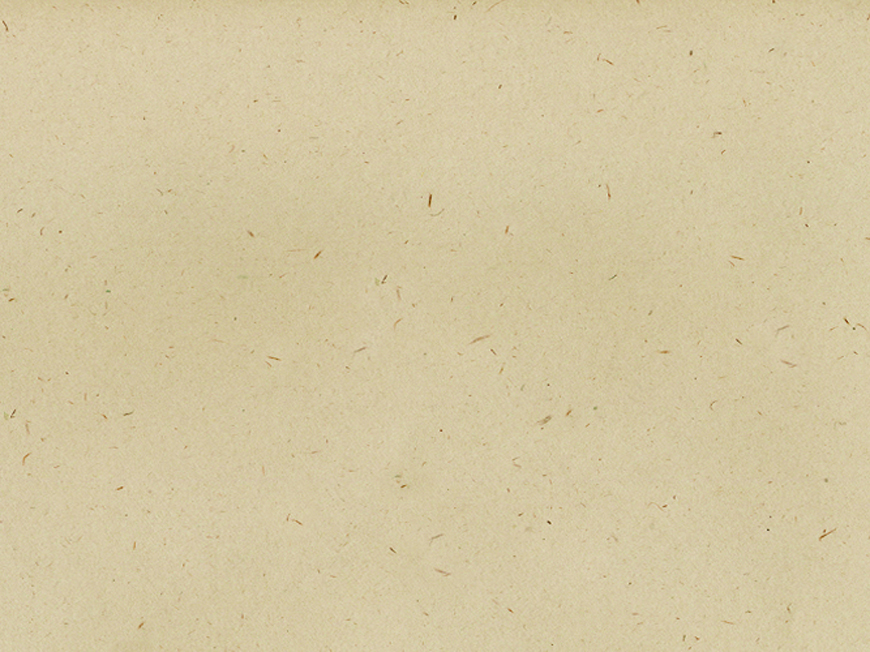PREPARING FOR A PHOTO WORKSHOP
Basic:
– Make sure to get out and use your camera before the workshop. Get familiar with it again if it has been put away for awhile. This is very important!
– Download and edit those recent images onto your computer and review them using your image editing software of choice. I recommend Adobe Bridge or Lightroom but even iPhoto is fine for initial editing.
– If shooting film, run a roll through your camera and have it processed. Look carefully at the negatives and contact sheets.
– Try not to use new camera equipment or new software at the workshop unless absolutely necessary. Too much of your time and energy will go to figuring out new gear instead of being present. I have seen many do it almost deliberately to seemingly sabotage themselves.
– Look at some of your favorite photographers or artist’s work. Figure out exactly why you like it. What is it that makes their work compelling to you?
– Lay out some of your own favorite prints or make a slideshow of your favorite images. Study them. What do you like and dislike? What, if anything, is missing? How are you using space? What would you like to work on improving?
– Pack your camera bag. What can you do without? What is essential? What is missing? What can you leave behind? Too much gear leads to too many choices instead of decisive vision- which takes actual practice to achieve.
– Re-read your camera manual and bring it with you to the workshop. Read it again on the plane, with your camera in hand. You will learn something new each time.
– Plan on learning from your fellow students. Being ‘in community’ with other photographers is a big benefit of the workshop experience.
– Be as well rested as possible going into the workshop.
– If you have the time and luxury of arriving at the workshop destination a day or two early (especially after a long flight). It can be a great way of getting over any lag and being ready to take advantage of all the workshop experience has to offer.
– Recognize ways that you sabotage yourself or your creative process before the workshop even starts. Use that awareness to make a plan to circumvent that from happening.
– Give yourself totally over to the experience while there.
– Minimize contact with the outside world, including social media. Turn off your phone whenever possible. You will get out of it what you put into it.
– Remember, almost everyone else is just as apprehensive, nervous or scared as you are!
– Every participant usually believes that the others in the class know more and are more advanced than they are. Even if it were true, which it probably isn’t, so what! We are all there to learn and grow from where we are.
– Start keeping a list of questions that come up.
Advanced:
– Reflect on why you need or want from a photo workshop at this point on your artistic path.
– Write about or make a list about what you would like to get out of your workshop.
– Acknowledge your apprehensions and fears about both your photography and the upcoming workshop.
– Look over your past work (prints, contact sheets or digital files). Look for themes, patterns, strengths and weaknesses. What is working? What isn’t? What needs improvement?
The instructor:
– Study the work and look at the website of the your workshop instructor.
– What can you learn from their style of making images? What do you like about their work? What don’t you like? What would you do differently and why? What do they have to teach you?
– Don’t let the instructor force you to think or photograph like they do. But do try and relate to their style and artistic point of view- if only to help clarify your own.
– You don’t need to have similar subjects or themes as your instructor to learn from them and their methods.
– Do try to understand about how their approach to their chosen subject matter can better inform you of new ways to approach your own subject matter.
– It’s alright, often even helpful, to copy or emulate your teacher’s style as a way of learning but ultimately you must find your own path.
– What works for them may not work for you but use your teacher’s approach and methods as a guidepost or catalyst for finding your own methods and vision.
© Douglas Beasley 2017

